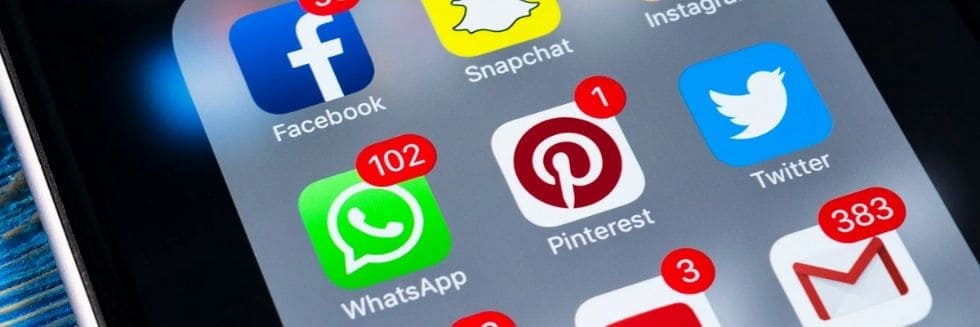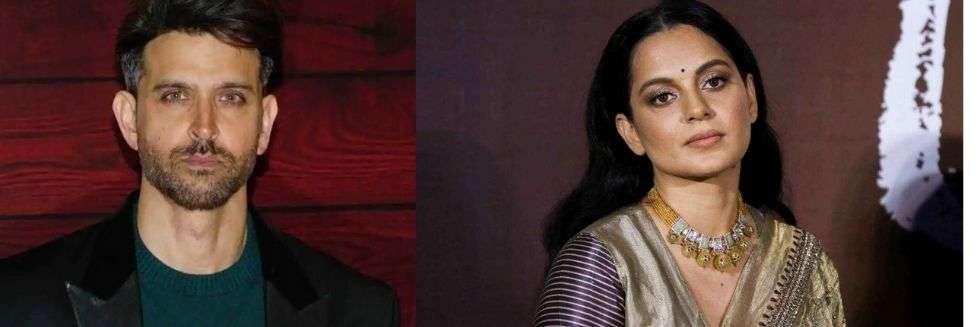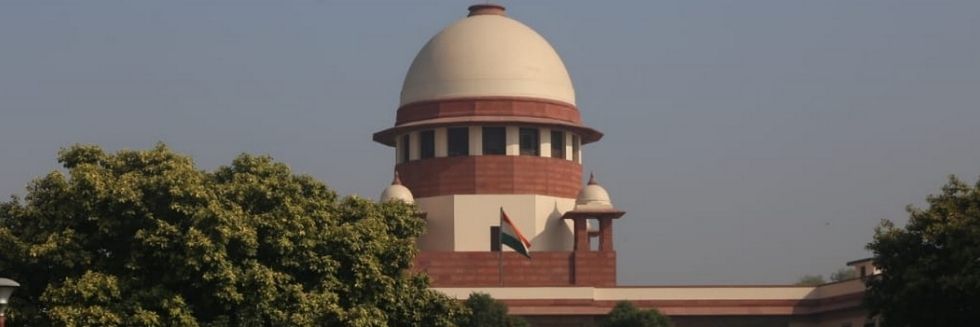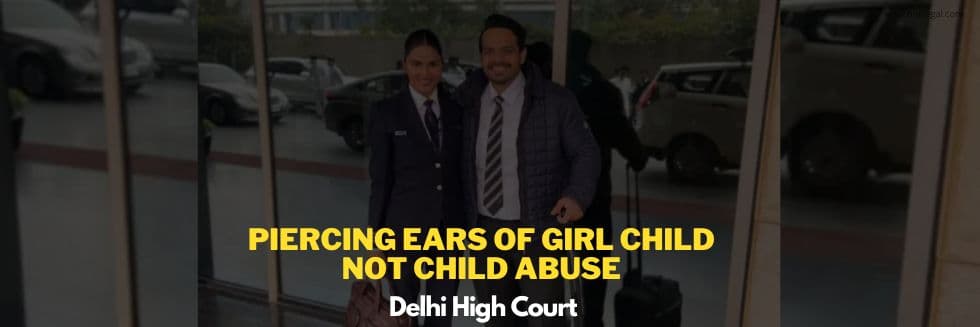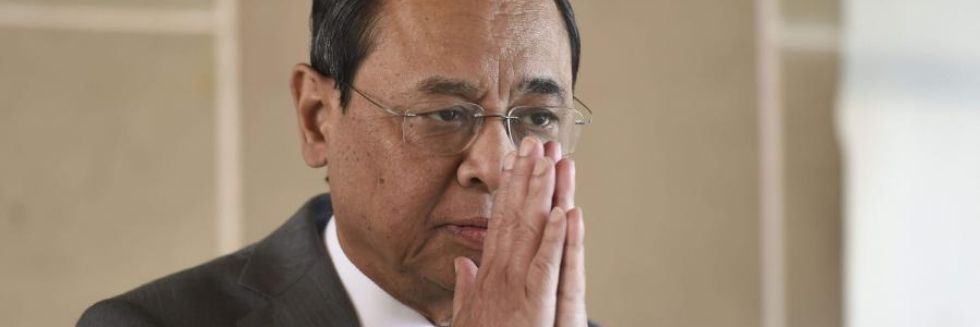On Thursday, the Central Government has announced the all-new Information Technology Rules 2021, which include intermediary guidelines and a digital media ethics code. With this latest development, the government has put forward a firm stand to identify the originator of a message. This means platforms like WhatsApp, Signal, Telegram, and others that use end-to-end encryption for messages may have to break it to comply with the government’s new rule.
“We have not framed any new law. We have framed these rules under the existing IT Act,” Ministry of Electronics and Information Technology Minister Ravi Shankar Prasad said during a press conference announcing these rules. “We are trusting the platforms to follow these regulations,” he said. “The focus of this guideline is on self-regulation.”
The Rules will come in effect from the date of their publication in the gazette, except for the additional due diligence for significant social media intermediaries, which shall come in effect three months after publication of these Rules.
Union Cabinet ministers Prakash Javadekar and IT minister Ravi Shankar Prasad addressed the media on cabinet decisions on rampant misuse of social media in the country, wherein Ravi Shankar Prasad, briefed about the Code of Ethics and self-regulation for social media content including streaming platforms, especially over-the-top (OTT) platforms.
“Of late, some very disturbing developments are observed on the social media platforms. The persistent spread of fake news has compelled many media platforms to create fact-check mechanisms. Rampant abuse of social media to share morphed images of women and content related to revenge porn have often threatened the dignity of women. Misuse of social media for settling corporate rivalries in a blatantly unethical manner has become a major concern for businesses. Instances of use of abusive language, defamatory and obscene contents, and blatant disrespect to religious sentiments through platforms are growing,” the government said in a statement.
However, highlighting the rampant misinformation in the form of fake news and misuse of social media content, the union minister listed a number of social media regulations in the country. He said that the government will be giving three months of implementation of rules for significant social media intermediaries adding that the cabinet will notify the same soon.
“The social media platform will be asked to require to reveal the first originator of the mischievous tweet or message as the case may be and this should only be in the connection to integrity and sovereignty of India,” Union Minister Prakash Javadekar added.
“Posts relating to offenses related to the sovereignty of India, security, relations with other states, and rape must be removed. If you disable the content of a user you must give him reasons,” he emphasized.
Notably, WhatsApp had earlier put down government requests to identify the origin of messages citing it could break end-to-end encryption.
“Building traceability would undermine end-to-end encryption and the private nature of WhatsApp, creating the potential for serious misuse. WhatsApp will not weaken the privacy protections we provide,” a WhatsApp spokesperson said in a statement back in 2018.
This is a significant development as law enforcement agencies have been raising serious concerns regarding viral forward messages spreading fake news, hate speech, etc.
Rule 5(3) of the Information Technology (Guidelines for Intermediaries and Digital Media Ethics Code) Rules 2021, says that messaging platforms, having subscribers above the threshold notified by the Centre, should enable the identification of ‘first originator’ of the information in its computer resource, as may be required by a judicial order passed by a court of competent jurisdiction or a competent authority under Section 69 of the Information Technology Rules.
The verbatim reproduction of the Rule is as follows “A significant social media intermediary providing services primarily in the nature of messaging shall enable the identification of the first originator of the information on its computer resource as may be required by a judicial order passed by a court of competent jurisdiction or an order passed under Section 69 of the Act by the Competent Authority as per the Information Technology (IT) Rules, 2009.”
Social media is welcome to do business but must not overrule the dignity of civilized existence, said Ravi Shankar Prasad while adding that “the government welcomes criticism and right to dissent, but it is very important for the users of social media to have a forum to raise their grievance against the misuse of social media.”
As per the new rules, an order to trace the originator of the message can be passed only for the purposes of prevention, detection, investigation, prosecution, or punishment of an offense – related to the sovereignty and integrity of India, the security of the State, friendly relations with foreign states, or public order, or of incitement to an offense relating to the above or in relation with rape, sexually explicit material or child sexual abuse material, punishable with imprisonment for a term of not less than five years.
The rule further says that such a tracing order shall not be passed in cases where “less intrusive means are effective in identifying the originator”. The Rule has another safeguard which says that the messenger service should not be required to disclose any other message or information related to the first originator or any information related to its other uses.
Regarding OTT platforms, I&B Minister Prakash Javadekar said, “All media platforms must have the same justices, digital, OTT and TV.”
All OTT platforms need to have a self-regulation body, Javadekar added.
Every freedom has to be responsible freedom, the I&B minister said, adding that there will be a three-tier platform for OTTs to have self-regulation bodies headed by a retired judge or an eminent person.
Level-I: Self-regulation by the publishers;
Level-II: Self-regulation by the self-regulating bodies of the publishers;
Level-III: Oversight mechanism.
He also informed that media freedom is absolute but with reasonable restrictions adding that OOT platforms will have 13+, 16+, and ‘A’ categories. Along with that, there has to be a mechanism for parent lock, Javadekar said.
Earlier this month, the Supreme Court held that it was contemplating ‘some action’ on the issue of regulating OTT platforms such as Netflix and Amazon Prime.
The ministry had earlier told the top court in a separate case that there is a need to regulate digital media and that the court may first appoint a committee of persons as amicus before laying down guidelines with respect to the regulation of hate speech in the media.
